Four bankers who helped Putin’s friend set up Swiss bank account convicted

Four bankers who helped a close friend of Russian President Vladimir Putin move millions of francs through Swiss bank accounts have been convicted of lacking diligence in financial transactions.
The four were found guilty on Thursday of helping Sergey Roldugin, a concert cellist who has been dubbed “Putin’s wallet” by the Swiss government.
The executives – three Russians and one Swiss – helped Roldugin, who is godfather to Putin’s eldest daughter Maria, deposit millions of francs in Swiss bank accounts between 2014 and 2016.
+ Read more about the case of Gazprombank
The men, who cannot be identified under Swiss reporting restrictions, were found guilty at a hearing at Zurich District Court and were given suspended fines.
The case highlights how people like Roldugin were used as “strawmen”, the indictment seen by Reuters said, a way to hide the true owners of money.
In Switzerland, banks are obliged to reject or terminate business relationships if there are doubts about the identity of the contracting party.
The four executives helped Roldugin operate two bank accounts at Gazprombank in Zurich, through which millions of francs flowed, without conducting sufficient checks, the court heard.
The prosecution had alleged the men failed to do enough to determine the identity of the real owner of the funds and it was implausible that Roldugin could be the real owner.
Sums of around CHF30 million ($32.8 million) were involved in the case, said public prosecutor Jan Hoffmann.
This was despite the musician, who appears on Switzerland’s list of sanctioned Russians, having no listed activity as a businessman.
At the time, the musician told the New York Times that he was certainly not a businessman and did not himself own millions, according to the indictment.
Roldugin was among scores of members of Putin’s inner circle sanctioned by the West, including Switzerland, after Russia invaded Ukraine in 2022.
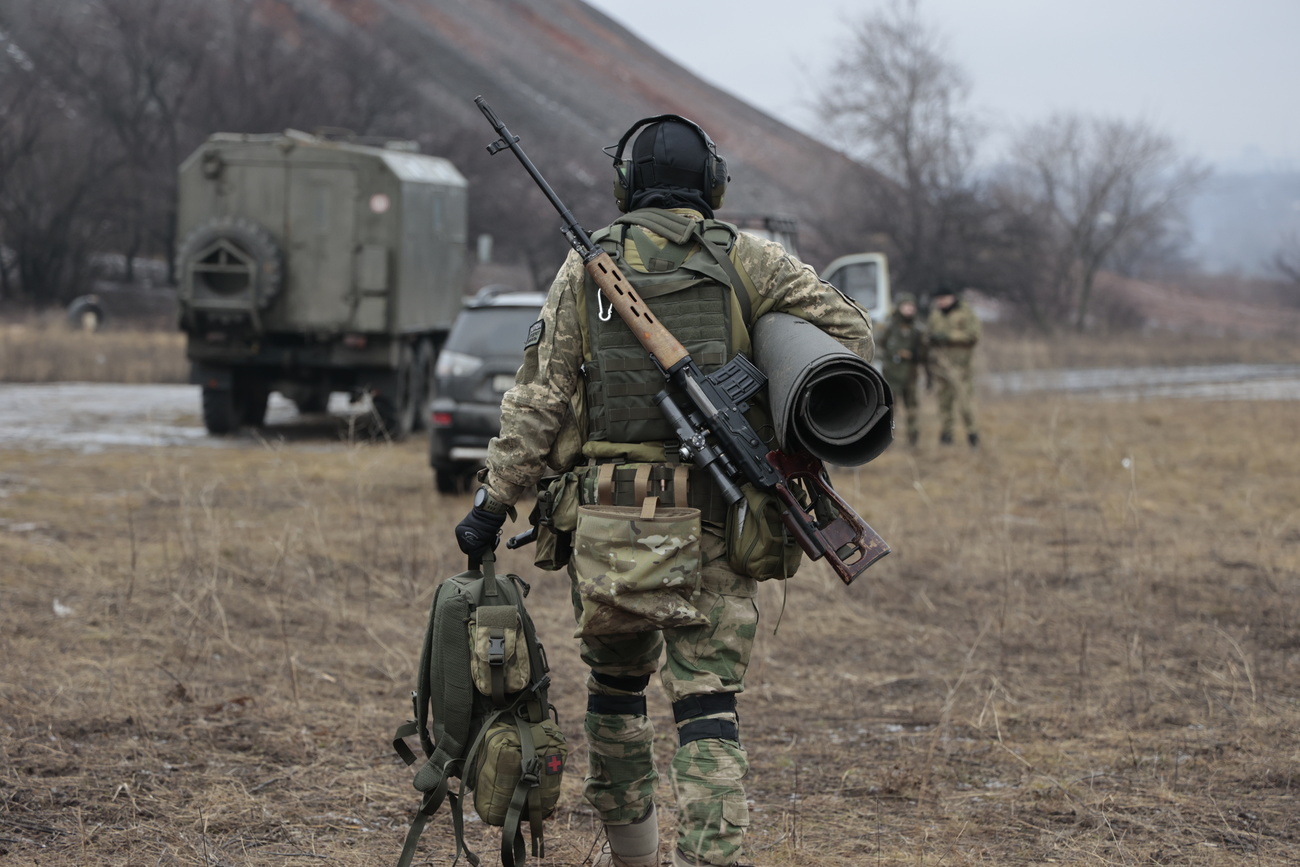
More
Switzerland adopts tenth sanctions package against Russia
‘Putinophobia’
“All the evidence runs contrary to Sergey Roldugin being the real owner of the assets,” prosecuting lawyer Hoffmann told the court at an earlier hearing. “The bankers have not followed the rules and should therefore be punished,” he added.
Putin has in the past described Roldugin as a friend, a brilliant musician and benefactor, who has honestly earned some money from a minority stake in a Russian company.
The Kremlin has previously dismissed any suggestion that Roldugin’s funds are linked to the Russian leader as anti-Russian “Putinophobia”.
It says Putin’s finances are a matter of public record and he has regularly declared his assets and salary to Russian voters.
The defence had argued that Roldugin had confirmed in writing last year that the bank had correctly identified him as the beneficial owner of the accounts.
There was also no reason to doubt that Roldugin was the real owner of the accounts, and it was “plausible” that Roldugin was rich because he was a friend of Putin.
“Sergey Roldugin is not just any cellist and conductor, but also a Kremlin favourite who obviously had access to special financing possibilities that allows him to accumulate substantial wealth,” the defence said, according to a pre-trial briefing.
Although this kind of favouritism may be frowned upon in Switzerland, this was not relevant to the case, the defence said.
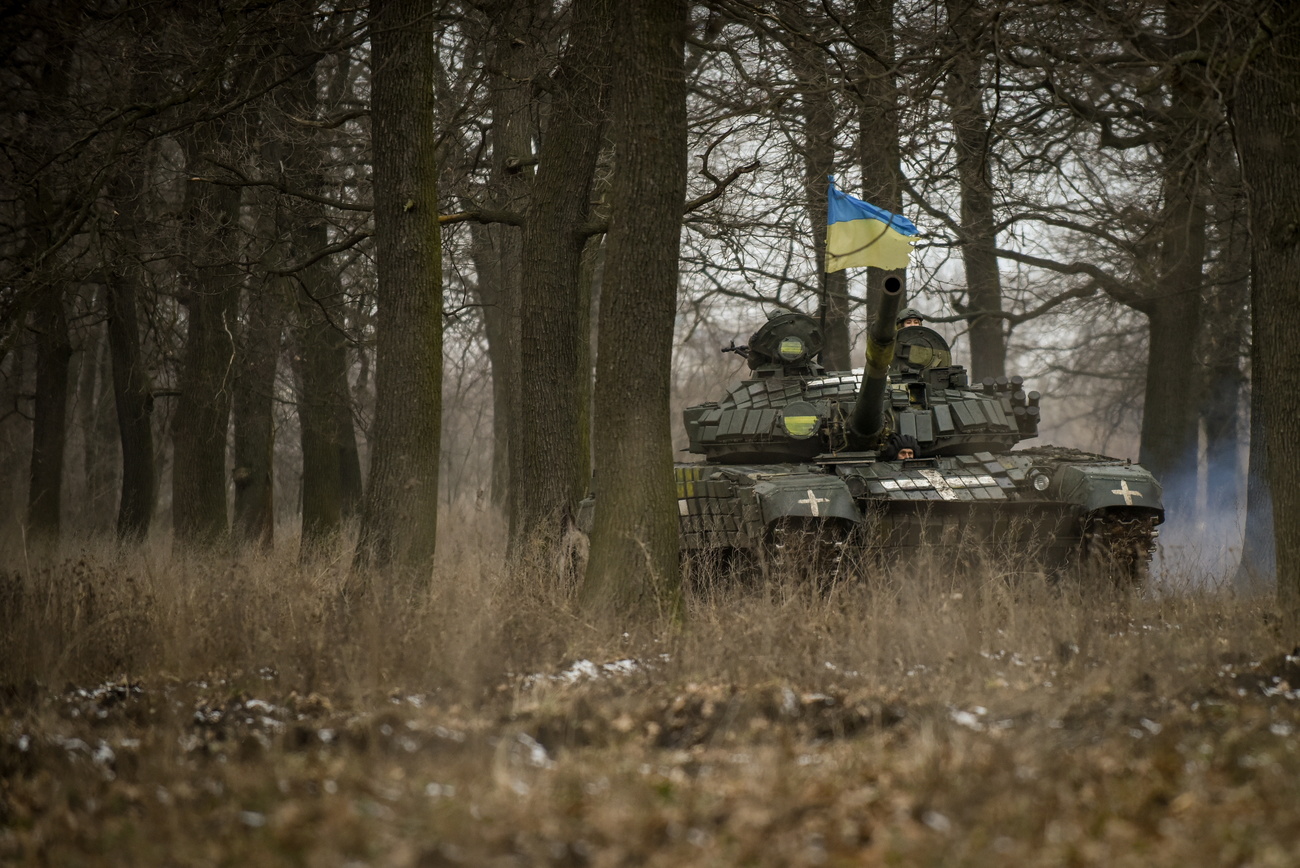
More
Swiss government refuses to confiscate Russian assets

In compliance with the JTI standards
More: SWI swissinfo.ch certified by the Journalism Trust Initiative








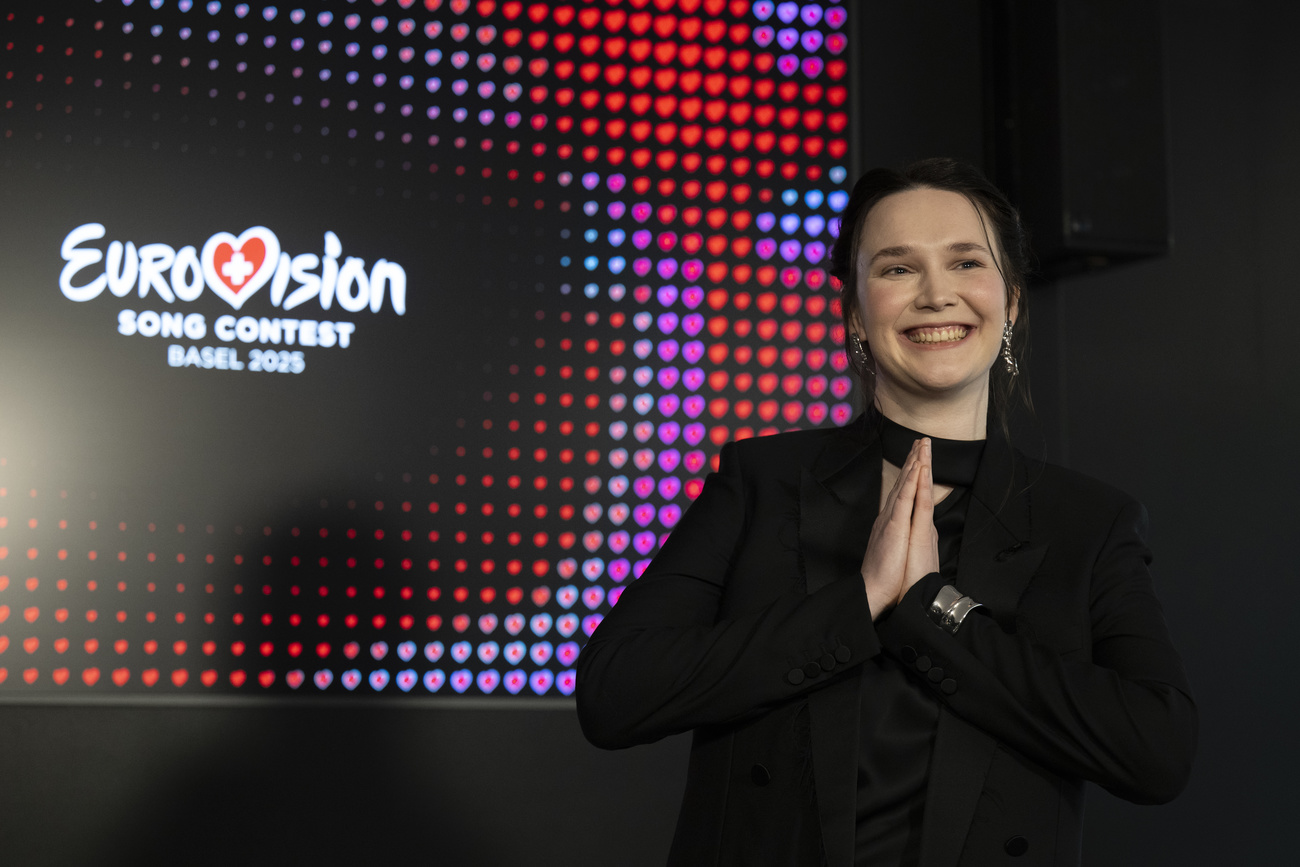



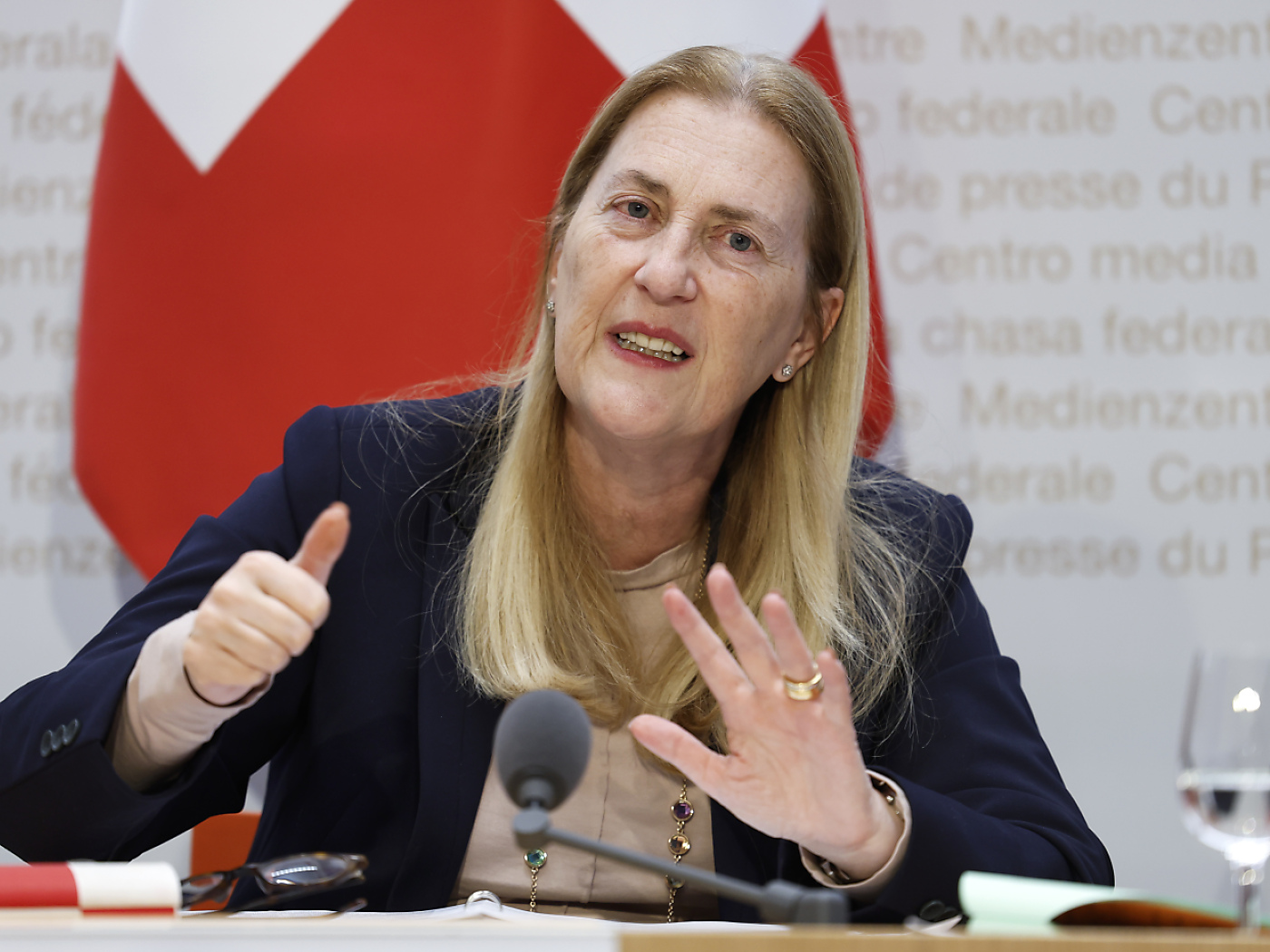



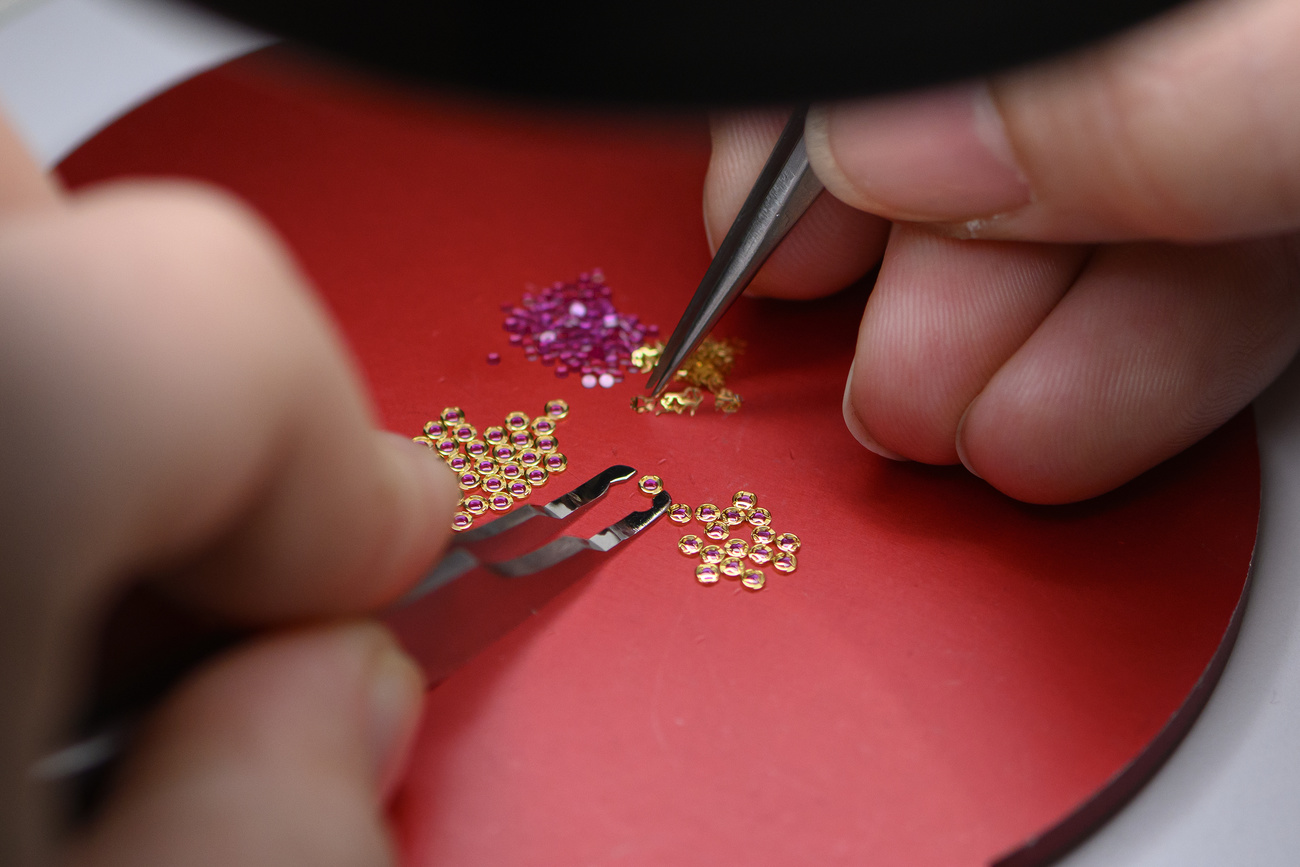



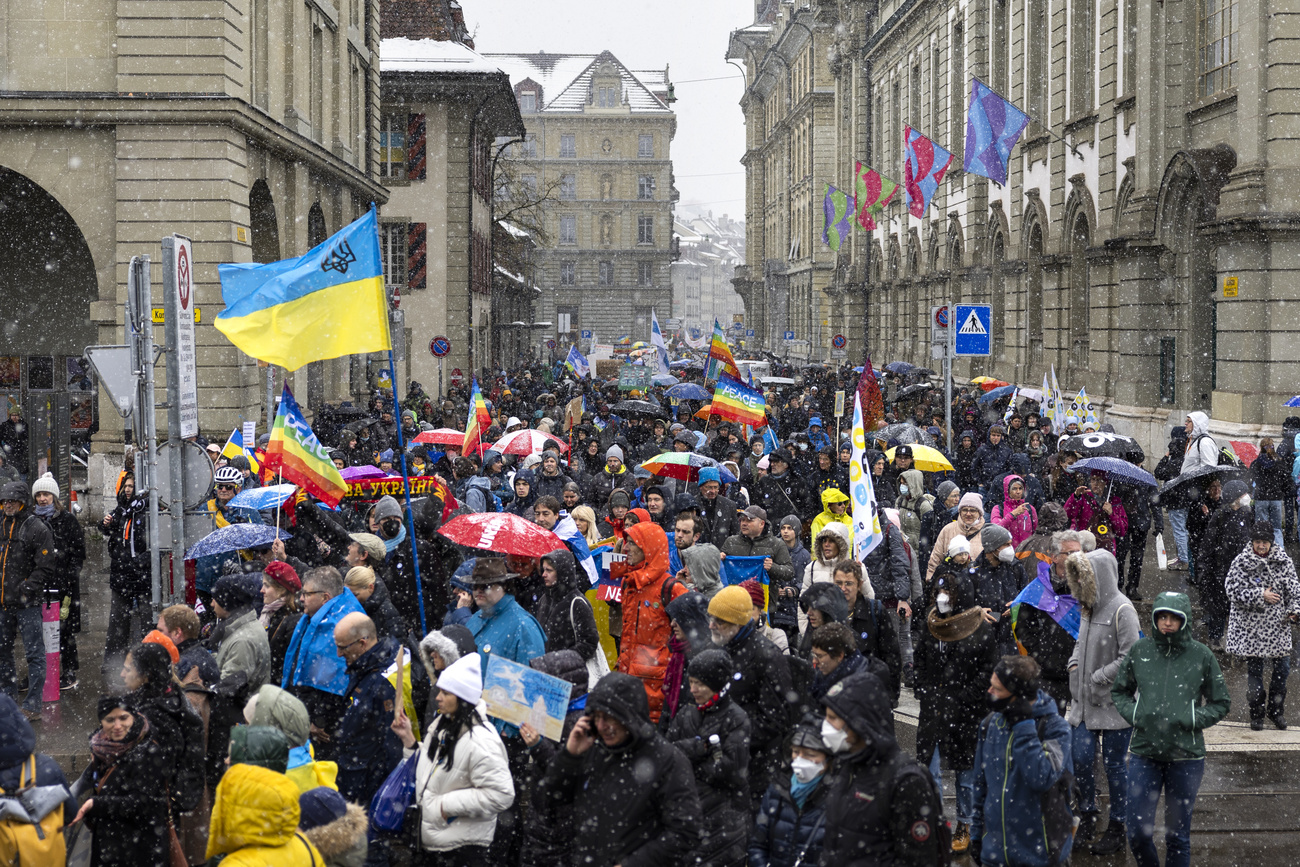
You can find an overview of ongoing debates with our journalists here . Please join us!
If you want to start a conversation about a topic raised in this article or want to report factual errors, email us at english@swissinfo.ch.